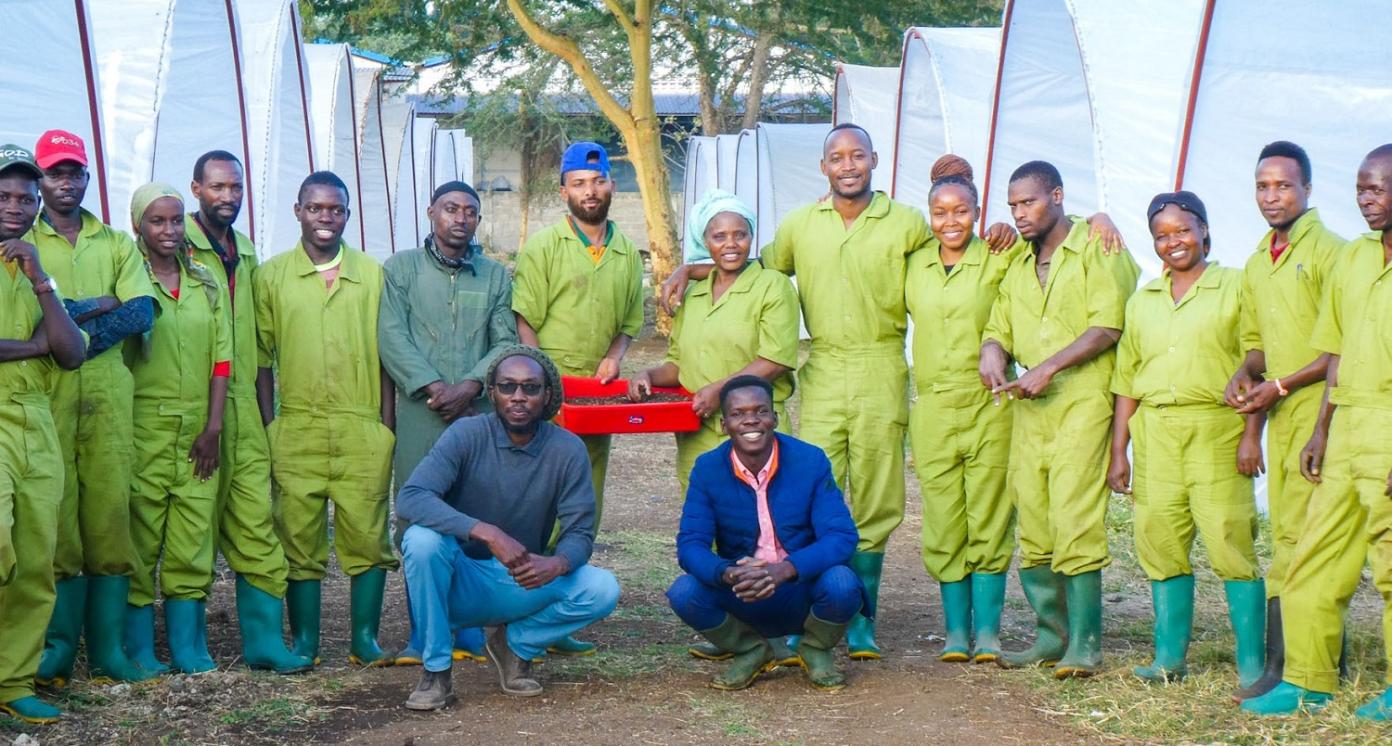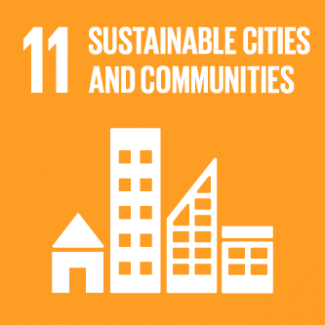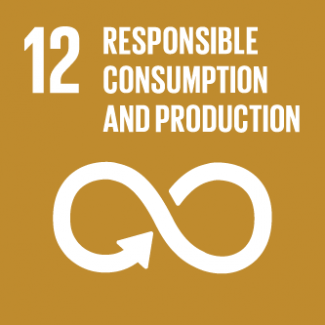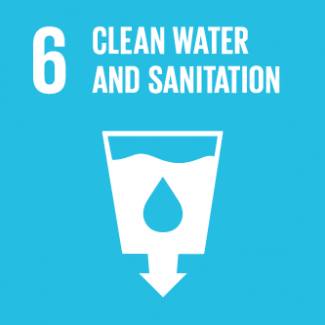Sustainable waste management, especially in urban areas, represents a pressing environmental issue in Tanzania. According to Waste Atlas, Municipal Solid Waste in Tanzania amounts to 17 million tonnes per year, 50% of which are organic waste. The country lacks a proper waste management system and 70% of the solid waste is dumped in landfills. Harmful consequences of such include: (i) methane emission, 1 dry ton of food waste produce 65kg of methane while decomposing (US Environmental Protection Agency, 2020); and (ii) favorable environment for diseases due to land and water contamination. According to UNICEF, over 70% of diseases diagnosed at health facilities in Tanzania are related to water and sanitation issues which impacts vulnerable populations such as low-income population, women and children. Furthermore, the animal feed industry is still heavily relying on wild fish and soyabean as main source of protein input to produce animal feed. Using fish protein and fish oil to produce animal feed contributes to depleting wild fish populations and to food insecurity for local smallholder fishermen. On the other hand, soyabean cultivation has been linked to deforestation, increased carbon emissions and negative impacts on soil and water supplies. In that sense, Chanzi proposed alternative contributes to a healthier environment.
Chanzi provides a sustainable solution to Tanzania’s waste management problem and an affordable animal protein and fertilizer alternative to local farmers, using the larvae of BSF to upcycle organic waste. Their products are: (i) Chanzi Whole, from dried BSF larvae that contains up to 50% crude protein, 20% fat and have an amino acid profile that is similar to that of fishmeal. It is recognized and utilized as alternative sources of protein for feed of poultry, livestock, and fish; (ii) Chanzi Ground, produced from grounding dried BSF larvae and can be utilized as alternative source of protein in animal feed or pet food; and (iii) Chanzi Fertilizer, an organic by-product that results from the processing of food waste by the black soldier fly larvae. The fertilizer contains a blend of Nitrogen-Phosphorus-Potassium and other minerals. BSF frass can be used as a chemical free fertiliser or soil conditioner to cultivate vegetables and fruits, flowers or lawns.
By 2027, Chanzi envisions to operates 47 facilities across Africa with the potential to yield the following impacts: 1269 MT of organic waste diverted from landfill; 344,040 Ha of reduced land usage from organic waste; 47,306 acres of reduced land usage from soya farming, as protein source for animal feed; 3,454,500 trees protected from soya farming, as protein source for animal feed; 171,315 MT of reduced wild fish caught, as protein source for animal feed; 28.83 MT of methane and 662.7 MT of CO2 avoided, equivalent to taking 45.261 cars off the roads.
The company has raised USD 3,052,000 so far. Chanzi started with a bootstrapping fund of USD 210,000 from founders and shareholder loans. During the seed stage, the company raised a total of USD 2,427,000 from several sources such as convertibles, equity, grants, accelerator and prizes. Currently, Chanzi is looking to raise USD 15 million to operate 47 facilities across the continent. They are also open to waste offtake agreements (capital injection in return for guaranteed waste management solution) or a product offtake agreement (capital injection in return for a guaranteed supply of BSF meal).
Chanzi is the finalist of UNDP’s 2022 Growth Stage Impact Ventures (GSIV) in Tanzania, in the infrastructure sector. The GSIV takes the Tanzania SDG Investor Map one step further by identifying through a highly competitive process enterprises in Tanzania that have developed at-scale products and services that contribute to the SDGs while achieving commercial success and are committed to embed impact considerations into decision-making. By showcasing and supporting these ventures, UNDP aims to bring forward evidence of the existence of pipelines of investable ventures that can advance the transition to SDG-aligned investment in Tanzania.



















